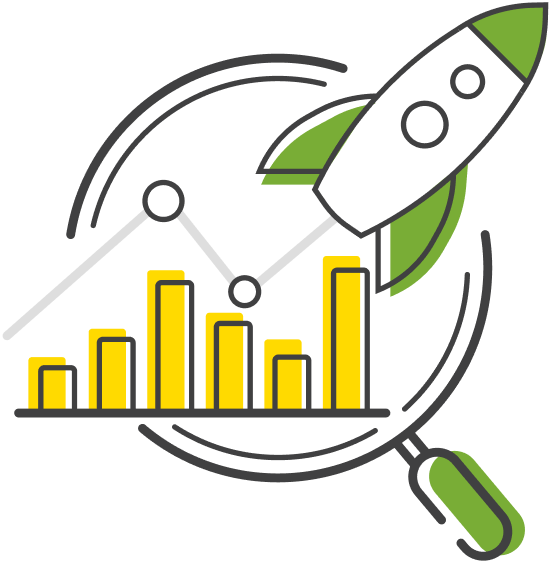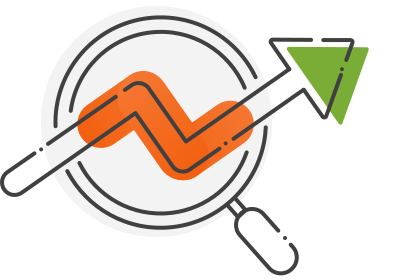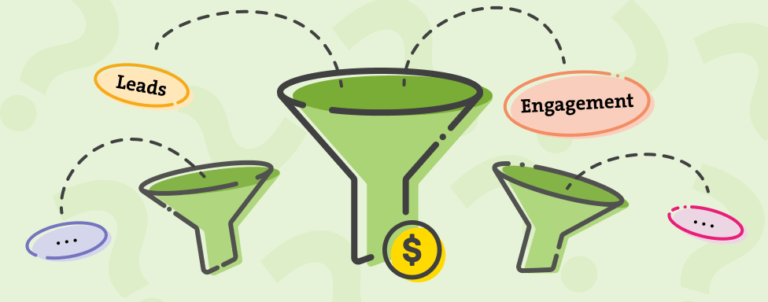When it comes to eCommerce SEO, technical SEO often grabs the spotlight, especially during the migration or development of new online stores. Although technical SEO is certainly valuable, let’s not forget that on-page SEO is equally important and plays a crucial role in your website’s success.
While technical SEO focuses on optimizing the website’s technical elements (such as indexability, crawlability, etc.), on-page SEO helps your website get higher rankings and more organic traffic by enhancing numerous factors. In eCommerce, there’s a lot to consider for on-page improvements, from optimizing product pages to refining meta tags. However, it’s not just a one-time task; ongoing on-page SEO is essential for continuously improving and maintaining your search rankings.
To provide a deeper understanding, we reached out to our SEO Specialist, Josip, who took a moment from his usual tasks to share insights from his experience. No more talking; it’s time to explore on-page SEO!
Hi Josip! Thank you for sparing your time to chat with me. Can you set the stage for us by briefly explaining why on-page SEO holds such importance for eCommerce merchants navigating the digital landscape?
Certainly! There are many benefits for online stores that come from on-page SEO. In short, I would highlight two things: Firstly, search engines will definitely have an easier time understanding what the page is about and consequently rank it higher for relevant queries. Secondly, higher rankings mean a better CTR and more qualified visitors to your store, which will likely increase your sales.
When doing on-page SEO for our eCommerce clients, what are some key elements that you focus on?
I like to focus on important actions, such as conducting keyword research to identify phrases that the target audience uses to find clients’ products and services, creating unique and relevant title tags, optimizing meta descriptions, using descriptive alt texts for images, etc.
But besides these common on-page SEO practices, I also like to focus on optimizing the navigation structure by targeting relevant, long-tail keywords. Where it makes sense from a UX point of view, I focus on adding internal links between related products and categories to give search engines more context and increase topical relevance.
Finally, since on-page SEO is largely about relevant and quality content, I like to give clients guidelines and suggestions on creating unique and relevant categories and product descriptions.
In your experience, what are some common challenges or mistakes that eCommerce businesses face when it comes to implementing on-page SEO, and how do you address these challenges to drive tangible results for them?
Well, I’ve seen it a lot (laugh ). But, some of the most common mistakes I regularly see on eCommerce sites are:
- Under-optimized meta tags, which include missing tags or tags that are too short.
- Duplicate content caused by duplicate meta titles and thin content on the pages.
- Missing Schema markup on category and product pages.
- Missing product/category descriptions.
- Low-quality content.
- Website navigation that does not target relevant terms, etc.
Of course, there are various other examples of bad on-page SEO optimization or no optimization at all. When we identify such situations, we provide the clients with actionable items and additional explanations of why something is an issue. Upon client approval, we focus on implementing fixes.
How do you ensure that our clients’ eCommerce websites are effectively optimized for search engines?
At Inchoo, we are aware that SEO is a process, not one one-time thing, and that is how we approach each client. SEO is a dynamic process, with lots of changes and updates happening constantly, so tracking new trends and being on top of them is crucial. On a high level, our regular monitoring related to client’s websites includes:
- Google algorithm & SERP updates
- Technical issues, including duplicate content
- Changes in search intent & behavior
- New keyword opportunities for content and metadata optimization
- Tools – Google Search Console, Google Analytics, Content King, Semrush, etc.
To sum up, we are constantly looking for new opportunities to improve our clients’ rankings on SERPs, and we’ll consider and potentially execute every opportunity we come across.

Speaking of our client approach, we developed our Magento 2 SEO Module. In the context of on-page SEO, can you share a specific example of how it led to an improvement in search engine rankings and organic traffic?
Of course. Our internal SEO module enables us to target specific attributes + category combinations. Based on the keyword research for one of our clients in the construction industry, we learned that many clients use long tail phrases that include the Brand name + specific category. We then used specific rules in our module to target those keywords with custom, optimized pages.
After monitoring the performance for some time, it was obvious that the traffic to such customized pages increased, as did the ranking.
In closing, what message would you like to convey to eCommerce businesses looking to enhance their online presence through effective on-page optimization?
-
-
-
-
-
-
- Track what’s happening on the SERP, especially after significant algorithm updates (Core updates), which may completely shift the rankings.
- Track your competitors and what they are doing. They are not sleeping, that’s for sure!
- Focus on quality content in your blog posts.
- Specificity will become increasingly important, especially after SGE has been rolled out (in the US market for now). Google is looking for the best possible answer to the user query, so be relevant and specific.
- Think about SERP as a whole and how much real estate you can take vs. whether you rank high. Utilize everything from paid and organic to social channels to increase your brand’s visibility.
Regular monitoring and optimization, of course (laugh )! I mentioned this already, but it’s never enough. But let’s talk about a few other things that you probably won’t find in every article on the topic.
Last year (2023) has been one of the most volatile years for SEO so far. We have seen several Google algorithm core updates. Google is testing more things and running more updates which means a higher level of volatility. So my answer to this question would be to direct your focus to the following things:
So there you have it, folks. Hopefully, we covered every question you have in mind when it comes to on-page SEO and its importance.
Josip, thank you for sharing your expertise and giving some valuable tips for seizing excellence online. To all businesses looking to improve their online presence, remember the importance of continuous monitoring and optimization. If at any point you find yourself facing challenges or seeking further guidance, don’t hesitate to reach out to us. We’re here to support you every step of the way.
-
-
-
-
-





